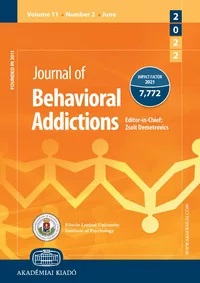
Safer esports for players, spectators, and bettors: Issues, challenges, and policy recommendations
Safer esports for players, spectators, and bettors: Issues, challenges, and policy recommendations
Keywords: esport; videogame playing; gambling; betting; problematic gaming; policy
The present paper provides an overview of the possible risks, harms, and challenges that might arise with the development of the esports field and pose a threat to professional esports players, spectators, bettors and videogame players, including underage players. These include physical and mental health issues, gambling and gambling-like elements associated with videogames and esports, the challenges arising from pursuing a career in esports, the unique difficulties women face, and a need for supporting professional esports players. It briefly discusses possible responses and suggestions regarding how to address and mitigate these negative consequences. It emphasizes the need for cooperation and collaboration between various stakeholders: researchers, policymakers, regulators, the gaming industry, esports organizations, healthcare and treatment providers, educational institutes and the need for further evidence-based information.
More...
